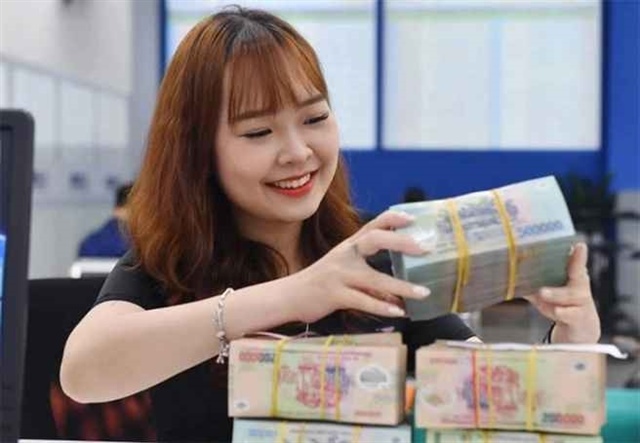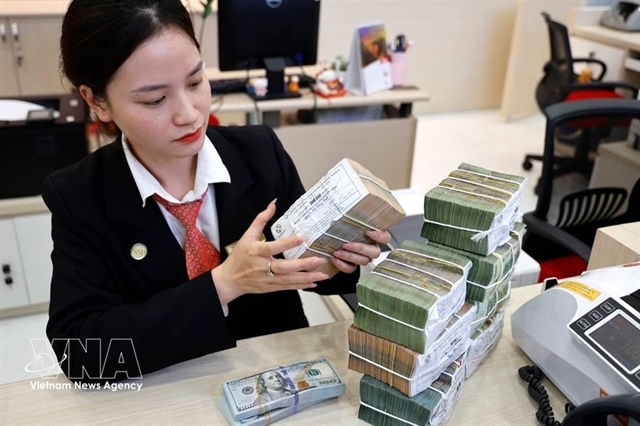Customs department to seek relaxed law for importers
Customs department to seek relaxed law for importers
With importers repeatedly lamenting a new regulation that delays the transportation of their goods from seaports to warehouses by up to ten days, the General Customs Department will call for relevant agencies to loosen the law.

The general department is scheduled to work with several ministries including public security, agriculture, industry and trade, health, and transport on the issue on Saturday, according to an official from the Agency for Customs Supervision and Management.
Starting this year, under Circular No.128/2013 released by the finance ministry, importers must obtain quality certificates for their imported products in order to bring them out of seaports.
Previously, they simply had to let authorities take samples of their goods for testing but didn’t have to wait for the test results.
The new regulation stipulates that importers must keep their goods at ports’ warehouses while waiting for the test results, which are usually released 10 days later.
But as not all ports have warehouses, in some cases importers have to keep the products on their vessels, amounting to extra docking fees and wages for the ship owners.
“The General Customs Department’s view on this issue is that relevant agencies should reduce the number of goods required to be inspected before they are allowed to pass customs clearance,” an official who requested anonymity said.
They should also determine which commodities should be tested before they leave the port, and which should be checked following customs clearance, he added.
The number of commodities subject to inspections is on the rise.
Some 60 percent of imported products ranging from salt and frozen food to wood and fabric are forced to undergo quality, quarantine, and food safety tests before leaving a port.
The customs department thus has suggested the finance ministry consider allowing imports of particular products like cars, motorbikes, vaccines, medical equipment, and manufacturing materials be exempted from the inspection regulation.
The department emphad that the goods must be stored in the importers’ warehouses upon leaving a port.
“And they are only eligible for circulation and distribution once the importers obtain the quality test results,” a department chief official said.
Burdening importers
Insiders say the current regulation has put pressure on importers.
Bui Le Hung, head of the Bureau for Customs Supervision and Management under the Ho Chi Minh City customs agency, said the finance ministry has reason to release the controversial Circular No.28.
Prior to the new regulation, businesses were allowed to store their imported products in their warehouses pending the quality certificates. But some have sold their products during the waiting time, allowing sub-standard products to be circulated in the market.
Meanwhile, other importers refused to submit their certificates to the customs agency as per law.
“Keeping this regulation means having a loose control over the importers, so the finance ministry has tightened the rule,” he said.
It is stipulated that each ministry is responsible for checking the products under its management.
For instance, the health ministry will inspect imported milk and frozen food for food safety, while the agriculture ministry will run quarantine checks on salt and other imported food.
But there are commodities which require checks from more than one ministry.
Imported beef, for instance, will undergo safety checks supervised by the health ministry and quarantine tests overseen by the agriculture ministry.
Comprehensibly, obtaining certificates from two agencies means more pressure for the importers.
tuoitrenews
























